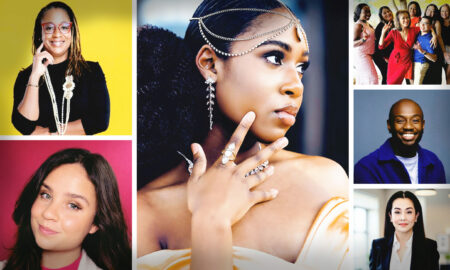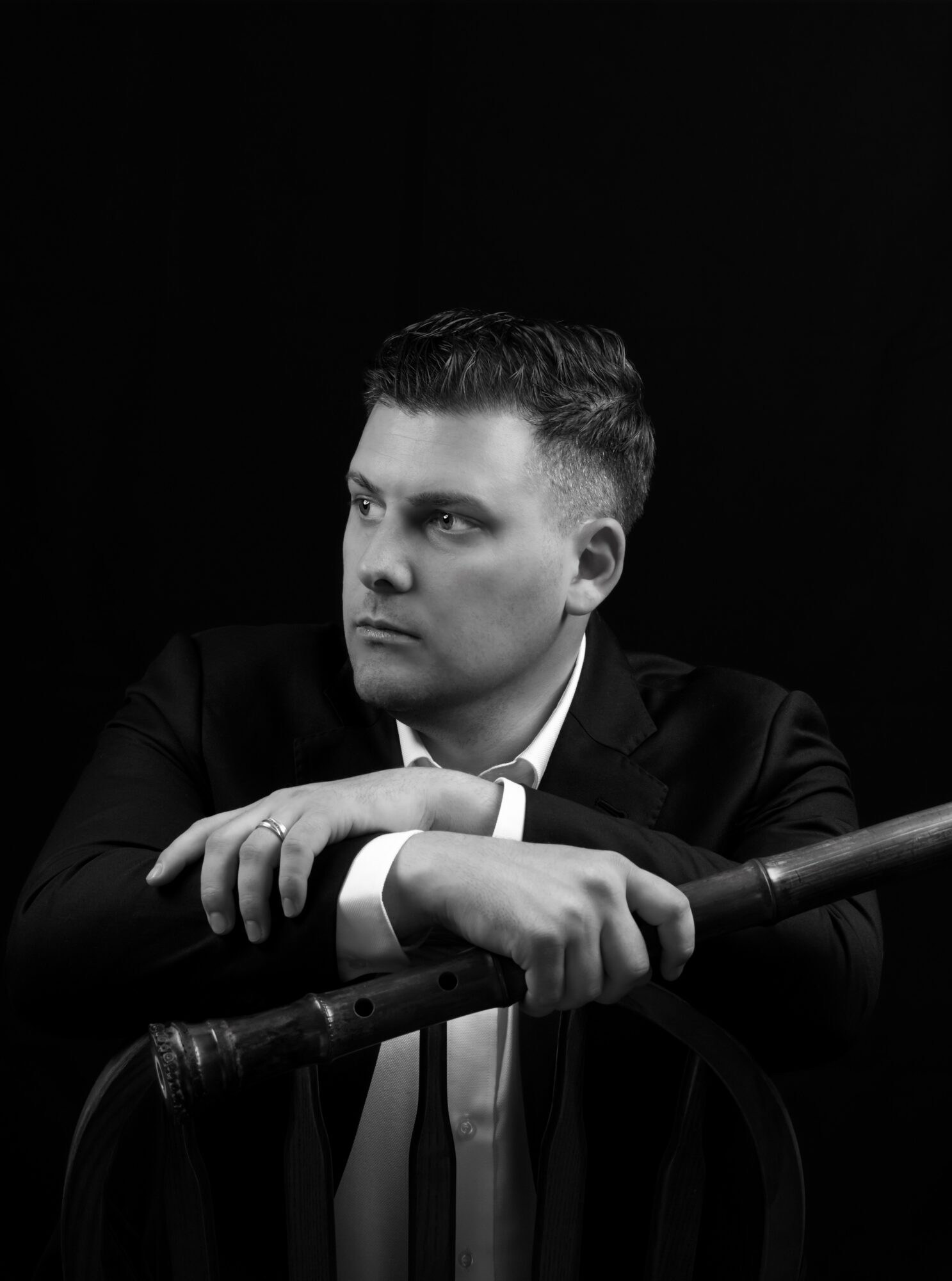

We’re looking forward to introducing you to Shawn Head. Check out our conversation below.
Hi Shawn, thank you so much for joining us today. We’re thrilled to learn more about your journey, values and what you are currently working on. Let’s start with an ice breaker: What is a normal day like for you right now?
Enjoying the hot summer days of Japan, and teaching my students online around the world.
Can you briefly introduce yourself and share what makes you or your brand unique?
My name is Shawn Tairyu Head, and I’m a shakuhachi player, composer, and educator based in Kanmaki, Japan. I specialize in the traditional Japanese bamboo flute known as the shakuhachi. My work centers around preserving and sharing the repertoire of the Watazumi tradition while also exploring contemporary interpretations through composition, interdisciplinary collaboration, and education.
I host the Taibo Shakuhachi Festival at my home each year, which brings together players, teachers, and seekers from around the world for an immersive week of practice, performance, and community. I also produce educational materials and courses aimed at both Western flutists and those newly discovering the shakuhachi.
What makes my work unique is the integration of traditional ascetic shakuhachi training with modern sensibilities, offering both a historical perspective and a living, evolving path of expression. Whether I’m performing, teaching, or writing, my focus is always on using sound as a means to access something deeper.
Right now, I’m working on several projects, including a course on suizen (blowing meditation), new compositions that blend shakuhachi with Western classical and electronic elements, and translations of early shakuhachi texts to make this deep tradition more accessible to a wider audience.
Appreciate your sharing that. Let’s talk about your life, growing up and some of topics and learnings around that. What’s a moment that really shaped how you see the world?
One moment that really shaped how I see the world happened while hiking with my friend Jonen in the mountains of Nara, Japan. We weren’t talking much, just moving slowly through the cedar forests, carrying our shakuhachi. At one point, we stopped near a hidden waterfall and played a single note into the silence. The sound didn’t feel like something we were making; it felt like something that had always been there, just waiting to be revealed.
That moment taught me that music, like nature, doesn’t need to be forced. It arises when you’re present, when you listen. That hike, and many others like it, shifted my understanding of what it means to be an artist. It’s less about performance and more about communion: with breath, with sound, and with the world around you.
What’s something you changed your mind about after failing hard?
After a major failure early in my career, trying to force a project to succeed through sheer will and perfectionism, I changed my mind about control. I used to believe that if I just worked hard enough, planned thoroughly, and did everything “right,” things would go the way I envisioned. But life doesn’t work that way, especially in creative or spiritual practice.
That failure taught me that rigidity kills growth. I learned to let go of outcomes, to be more fluid, to trust the process, and to embrace failure as part of the path. Now, I view failure as a necessary part of refinement, not a reason to quit or a sign that something’s broken. That shift has changed everything: how I teach, how I play, how I live.
I think our readers would appreciate hearing more about your values and what you think matters in life and career, etc. So our next question is along those lines. What would your closest friends say really matters to you?
No matter how busy life gets with music, teaching, or traveling, they’re always at the center of everything I do. They remind me of what’s real, of love, presence, and responsibility. Being a father grounds me. It’s made me more patient, more humble, and more aware of the kind of world I want to help create, not just for them, but through them. Everything else, art, work, even personal growth, flows from that.
Okay, so let’s keep going with one more question that means a lot to us: When do you feel most at peace?
I feel most at peace when I’m at church with my family. Sitting together in that sacred space, surrounded by stillness and song, reminds me of what truly matters. It is a moment where everything slows down. There are no expectations, no performance, just presence, gratitude, and faith. Being there with the people I love grounds me and gives me a sense of calm that carries into the rest of my life.
Contact Info:
- Website: https://TairyuShakuhachi.com
- Facebook: https://www.facebook.com/shawnheadmusicpage
- Youtube: https://www.youtube.com/@TairyuShakuhachi
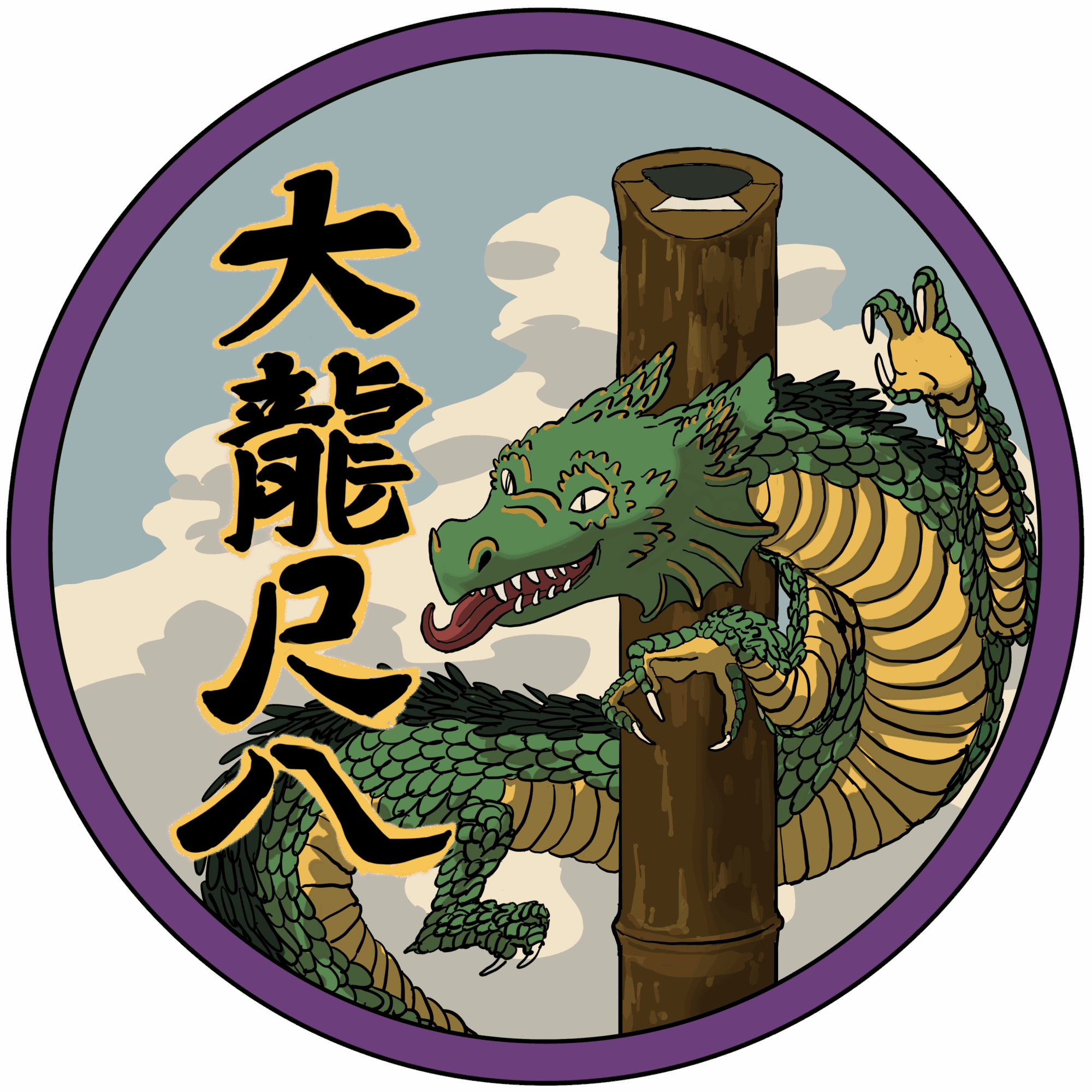
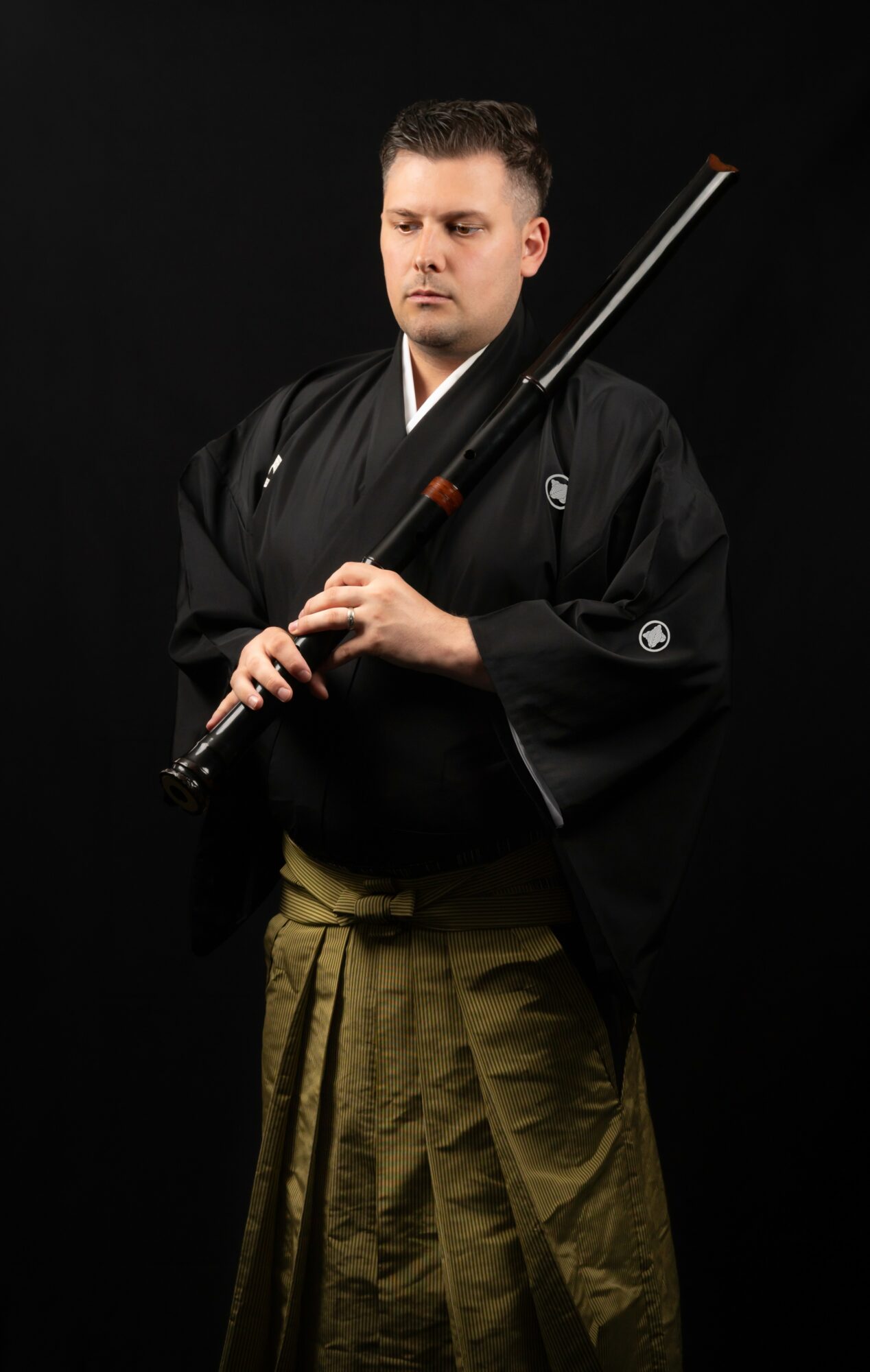
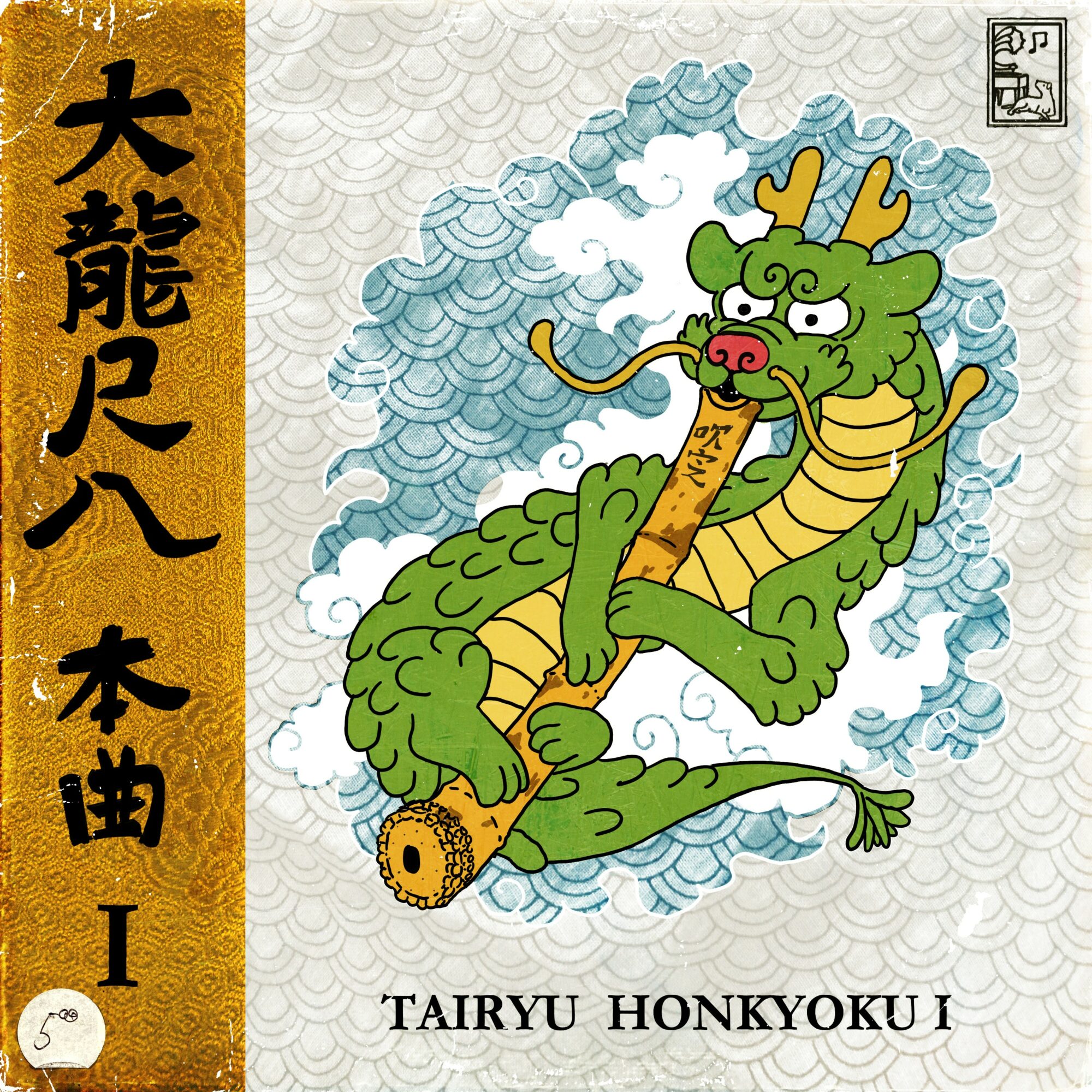
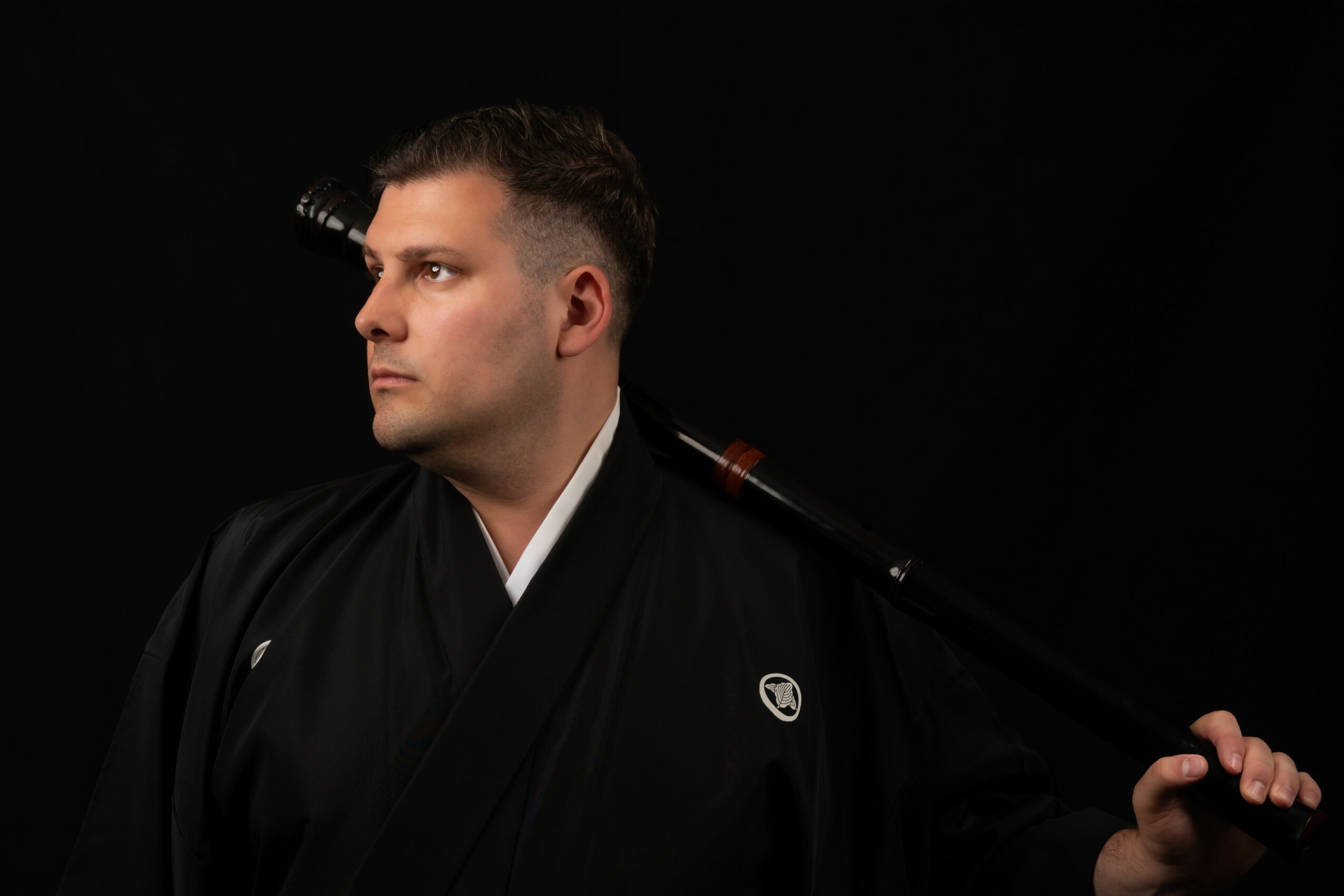
Image Credits
Shawn Head

